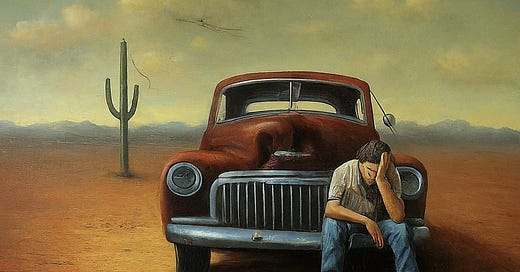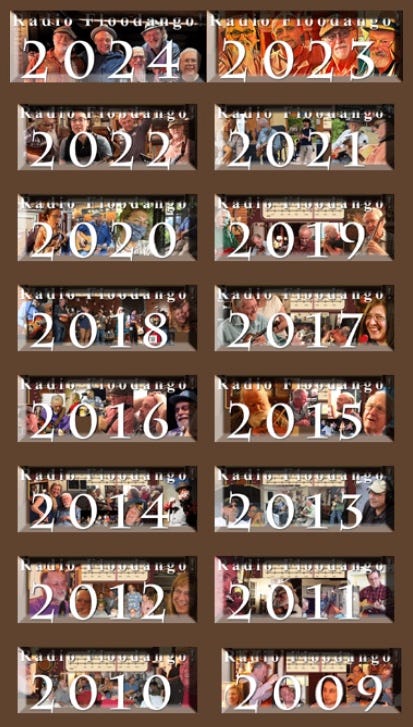Canada’s folk music scene in the 1960s produced legends — from Gordon Lightfoot and Ian Tyson to Joni Mitchell, Leonard Cohen and Neil Young — and that remarkable community also nurtured a whole world of talented acolytes.
One such folkie follower was British-born David Wiffen. Growing up singing skiffle with the Kingston-upon-Thames-based Black Cat group, Wiffen at age 16 moved from Claygate, Surrey, England, to Canada, where he became something of a rambling man.
Initially part of Toronto’s burgeoning folk music scene, Wiffen hitchhiked to Edmonton in 1964 and later managed a Calgary folk club called “The Depression.”
The following year he moved again, this time to Vancouver, where he was invited to perform at The Bunkhouse club on what was intended to be a live ensemble album. However, when the other invited musicians failed to show up, the gig became 23-year-old Wiffen's first solo album. David Wiffen at the Bunkhouse Coffeehouse, Vancouver BC was released on the Universal International label.
By 1970, Wiffen had written what was to become his best known song. “Driving Wheel” was included on his self-titled first album for Fantasy Records.
However, David Wiffen, the album, received such spotty promotion that the song was not widely known until it also appeared on Tom Rush's own self-titled 1970 album, his first for Columbia Records.
Since then, “Driving Wheel” has become something of a signature song for Rush, still today often making it onto the set list for his shows around the country.
Other artists also have covered the song over the years, notably David Bromberg (who 50 years ago played dobro on Rush’s classic rendition) as well as Roger McGuinn and The Cowboy Junkies.
About Driving Wheels
While Wiffen’s lyric contains a memorable automotive reference (My car broke down in Texas, stopped dead in its tracks…), the “wheel” in “Driving Wheel” actually is locomotive in nature.
When the chorus says, I feel like some ol’ engine that’s lost its driving wheel, the “engine” in question is a stream engine.
In that context, we’re talking about a powered wheel that is driven by the locomotive's pistons…
… or turbine, in the case of a steam turbine locomotive. Uh, class dismissed.
Our Take on the Tune
It’s funny sometimes how songs come to us. A while back Charlie was just noodling with his new resonator guitar while waiting for a phone call, when suddenly he landed on chords from this song, which he’d not even heard for decades, much less played.
A week later he was sharing it with the guys at a rehearsal, and they latched on to the sound too. Just like that, the song comes soaring in from the Seventies.
More from This Year
By the way, if you’d like to hear more songs that have popped up at practices this year, be sure to check out the 2024 playlist in our free Radio Floodango music streaming service.
Click here to give it a spin. Everything in that randomized rotation has been recorded since January.
Note that other buttons in that section of Radio Floodango let you zero in on different specific years of Floodishness, from the present all the way back to 2009.
























Share this post